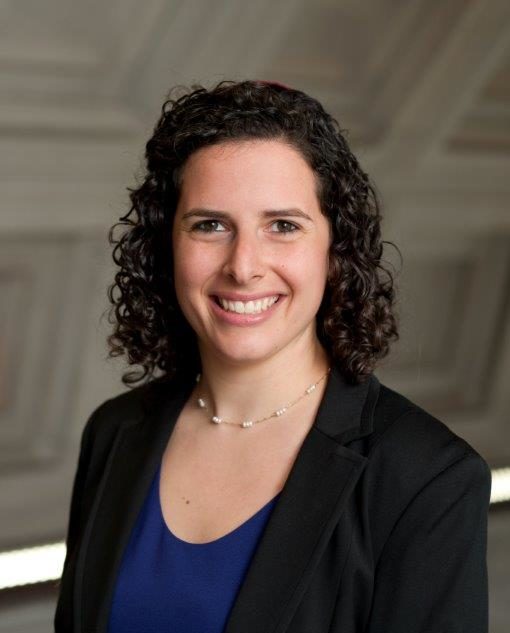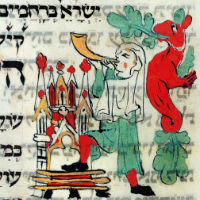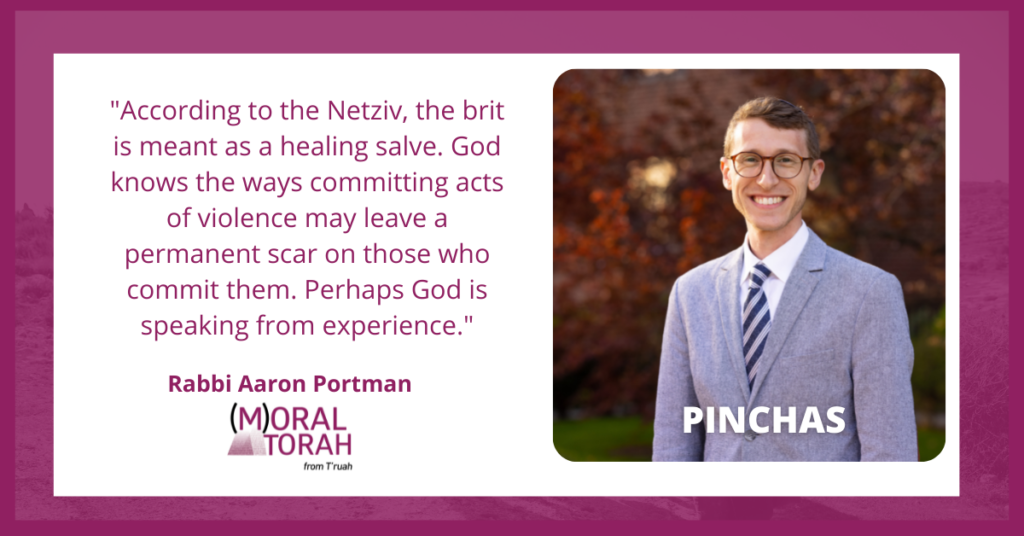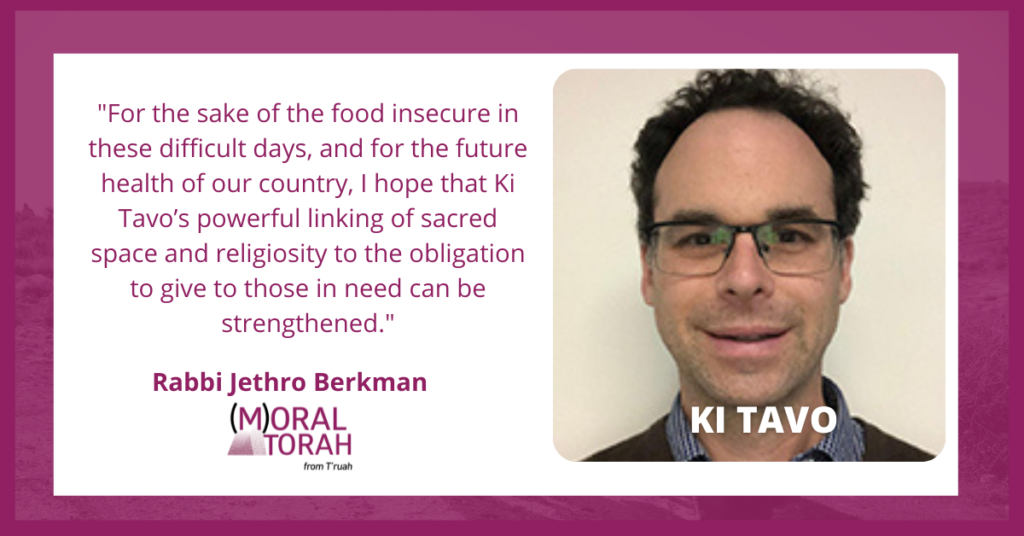
Letting Our Hands Speak Our Truth
As a rabbi, I sometimes mark productivity by how my body feels at the end of the day, and most specifically, how my voice feels. If it was a day full of teaching, meetings, and conversations, my voice might be strained, and I’m probably pretty thirsty. If I didn’t feel it in my throat, it...
read more








